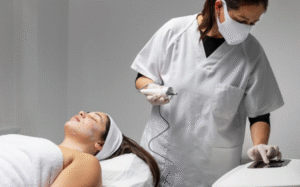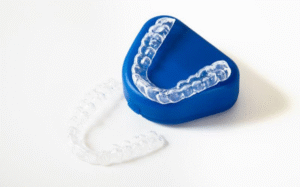A Practical Guide to Prostate Cancer Care and Sexual Health

Prostate cancer treatment can feel complex at first contact, particularly when you want clear information without hype. Early conversations set expectations about goals, timelines, side effects, and follow-up. In this context, planning care with evidence and personal priorities in view helps you weigh options, prepare for appointments, and document outcomes that matter, including urinary and sexual function over time.
Diagnosis And Staging
Ask your clinician to explain how biopsy results, PSA patterns, MRI findings, and clinical staging fit together. Clarify the risk category and whether active surveillance, surgery, radiotherapy, or focal therapy could suit your situation. Keep a record of baseline urinary and sexual function, as this guides discussions about side effects and recovery horizons.
Map Treatment Choices To Life Plans
Discuss how each pathway could affect daily routines, work, and caregiving roles. Identify practical needs such as transport, time off, and home support after procedures. Reviewing realistic recovery timelines can reduce stress and help you plan commitments around clinic visits and checks.
Prepare For Functional Side Effects
Urinary and sexual changes can occur with different prostate cancer treatments and usually improve with time and support. Agree on a plan for pelvic floor exercises, continence strategies, and milestones for review. Ask when to start rehabilitation, how progress is measured, and which services coordinate care between oncology, urology, and physiotherapy.
Start Early Conversations About Sexual Health
It helps to raise questions about erections, libido, and intimacy before treatment, even if you are undecided about your path. Your team can outline structured rehabilitation, medication timing, device options, and counselling resources. Document what to do in the first weeks after therapy, so you are not guessing later.
Know Your Rehabilitation Options
If erection changes occur, a stepwise plan can support recovery. This might include oral medication, vacuum devices, injections, or counselling. Where relevant, ask for guidance on erectile dysfunction treatment in Singapore, including referral pathways and service types, so you can compare options and plan follow-up.
Build A Plan For Monitoring And Review
Confirm how PSA will be tracked, which red flags require a call, and when imaging is considered. Schedule routine reviews and agree on who leads coordination. Bring a written list of questions to each appointment and summarise key actions afterwards, such as changes to medication or exercise.
Support Your Mental Health And Relationships
Many people report periods of uncertainty during decision-making and in the first months after treatment. Brief psychological support can improve coping, sleep, and communication with partners or family. Consider practical changes at home that conserve energy while you recover.
Use Lifestyle Measures To Support Recovery
Sleep, moderate activity, and nutrition can help general well-being during and after therapy. Gentle aerobic exercise and guided strength work can improve fatigue and mood. Check medication interactions before taking supplements and seek advice if you are unsure about claims made online.
Keep Information Organised And Ask For Clarity
Bring a folder or digital notes with reports, medication lists, and appointment dates. After each visit, write a short summary of what was decided and why. If new terms appear, ask for plain-language explanations or reputable reading so you can review details at your own pace.
Consider Practical Planning And Work Arrangements
Discuss phased returns to work, adjustments in duties, or flexible scheduling during treatment cycles. Plan transport to clinics and identify a support person for key appointments. Small steps like preparing meals in advance and arranging short check-ins with a neighbour can reduce pressure while you recover.
If several specialists are involved, ask who serves as your main contact for questions between visits. Request written care plans that list goals, monitoring schedules, and named services for continence and sexual health support. Clear coordination reduces duplicated tests and missed referrals, and it gives you a single pathway to escalate concerns if your symptoms change suddenly. Safely.
For appointments or clinical guidance, contact the National University Hospital (NUH).






